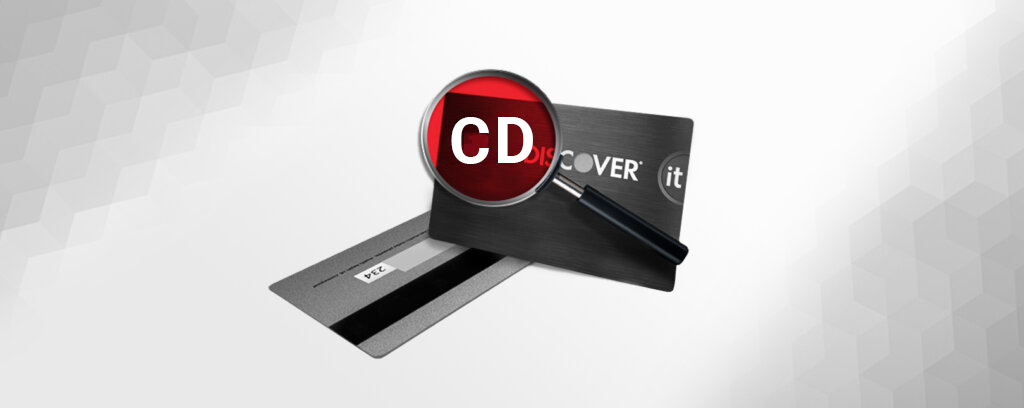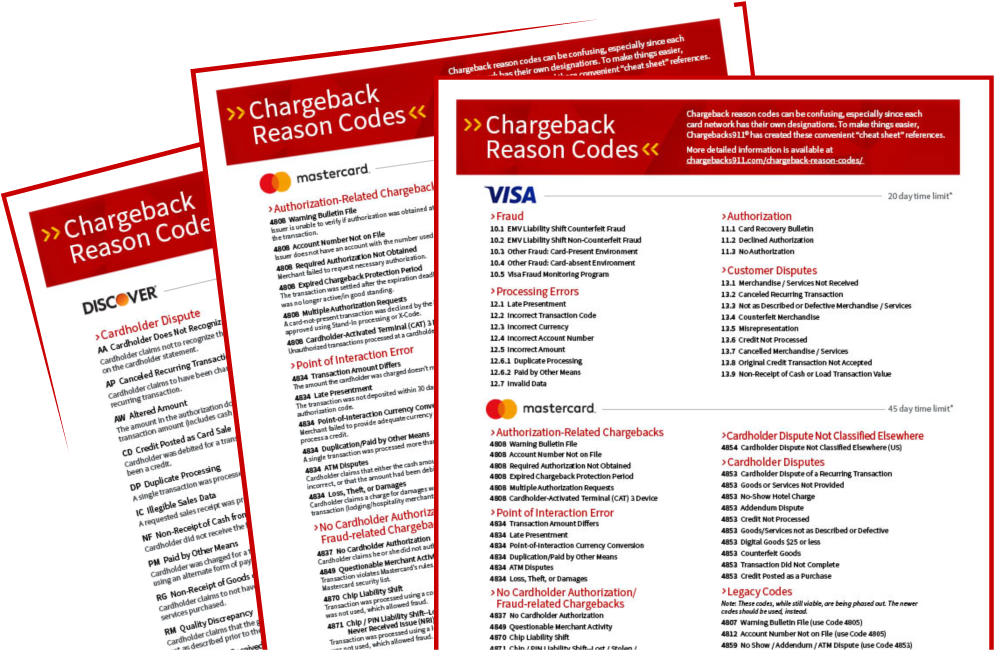
What Merchants Can Do About Discover Reason Code CD Chargebacks
Discover, the youngest of the four major card networks in the US, is both a card network and an issuer. While it has just a fraction of the number of cardholders that Visa or Mastercard does, its dispute infrastructure is similarly robust.
Discover’s list of chargeback reason codes are grouped into 4 categories: fraud disputes, service disputes, dispute compliance, and processing error disputes. Looking at Discover reason code CD, specifically, this code is grouped in the service disputes category.
This article will talk in detail about reason code CD chargebacks, their causes, and what you can do to prevent and respond to these types of disputes.
Recommended reading
- Best Credit Card Processing Companies of 2025 REVEALED
- Chargeback Stats: All the Key Dispute Data Points for 2025
- What Happens When You Dispute a Transaction?
- Economic Uncertainty Pushes Consumers to File Chargebacks
- How Card Cracking Works: Tactics, Red Flags & Prevention
- Charity Backed by Cb911® Featured on FOX13 Tampa Bay
What is Discover Reason Code CD?
Discover Reason Code CD — Credit/Debit Posted Incorrectly is used when a cardholder claims you billed them for a transaction they should have received a credit or refund for. The reason code may also be used when the opposite occurs; you credited a cardholder’s account for a transaction that should have been a sale.
Cardholders have 120 days to file a reason code CD chargeback. Before initiating a dispute, the issuer must receive all of the following evidence from the cardholder:
- Details about the merchandise returned, including the method of return.
- The date the merchandise was returned to you, or on which the refund was to be credited.
- A copy of the credit slip that shows you provided a refund, or a receipt that shows a sale was made.
- A copy of any conversation with you, documenting a promise to issue a refund or credit.
For card-not-present transactions, cardholders should also submit a credit confirmation number.
What Caused This Dispute?
As mentioned before, you’ll encounter reason code CD chargebacks when cardholders dispute card transactions that were posted incorrectly. For example, a customer returns a $30 item, expecting a $30 credit to post to their account. Instead, they get charged another $30 for the item they just returned. Reason code CD is also used when:
- A cardholder returned the merchandise, but instead of receiving a credit for the cost of the item, they were debited (charged) instead.
- A cardholder purchased something, but their account was credited (refunded) instead.
- You made a mistake and credited or debited the wrong amount.
- You applied a credit to the wrong account.
These disputes can also happen if a transaction posted was legitimate, but the cardholder filed an invalid dispute because they wanted a free item or a “double refund.” Shenanigans like these constitute friendly fraud, and are a pervasive threat.
As a baseline, Visa reports that as many as 75% of all chargebacks could be due to friendly fraud. Worse, data from the 2024 Chargeback Field Report reveals that friendly fraud has become more prevalent over time, with 72% of surveyed merchants reporting an increase in friendly fraud over the past three years. When that happens, you can submit a dispute response.

How to Respond to Discover Reason Code CD Chargebacks
Discover allows sellers to contest invalid chargebacks through the chargeback representment process. This is a strict and time-sensitive procedure that comes with several caveats.
For starters, you have just 20 days to respond to a Discover chargeback notification. In addition, merchants who wish to successfully challenge a fraudulent dispute will need to gather evidence related to the reason code and draft a concise rebuttal letter — all within that short timeline.
After Discover receives the merchant’s evidence and rebuttal letter, the card network will weigh it against the cardholder’s claims. Afterwards, Discover will rule in favor of either you or the cardholder.
If both parties accept Discover’s ruling, the chargeback cycle ends. Conversely, if either the party disagrees with the card network’s decision, they may submit the dispute to arbitration. Here, the parties request that Discover step in and make a final ruling. Merchants and acquirers have 30 calendar days in which to request arbitration, and 15 days in which to provide any additional documentation.
Acceptable Evidence for Discover Reason Code CD Responses
To successfully represent a Reason Code CD chargeback, you must submit evidence that is both compelling and relevant. Examples may include:
- a receipt signed by the cardholder
- an authorization form proving the cardholder authorized the card transaction
- an imprint of a transaction receipt
- records showing the cardholder received a credit equal to the amount disputed
Reason Code CD is applicable to disputes involving most card transactions. However, ATM transactions, such as cash deposits, cash withdrawals, or balance inquiries, cannot be disputed under this reason code.
How to Prevent Discover Reason Code CD Chargebacks
Chargebacks are costly. Beyond lost revenue and merchandise, you’ll incur a $20 to $100 chargeback fee per dispute. Worse, if you receive excessive chargebacks, which Discover defines as a chargeback-to-transaction ratio of 1% or more, you may be assessed surcharges, penalties, and fines.
Suffice to say, an appropriate focus on chargeback prevention can save you hundreds of hours and thousands of dollars. Here are some strategies you can implement to stave off reason code CD disputes:
Open, honest, and proactive communication with consumers will encourage them to reach out directly instead of filing chargebacks
Incorrectly posted credits and debits can be due to something innocuous, like simple merchant error. Or, it could be something more sinister, like friendly fraud.
Chargebacks911®’s dual-layered chargeback prevention and representment solution helps merchants put a stop to high-risk transactions before they flare up into disputes and contest chargebacks when they arise. Reach out to our experts for a no-obligation ROI analysis today.









